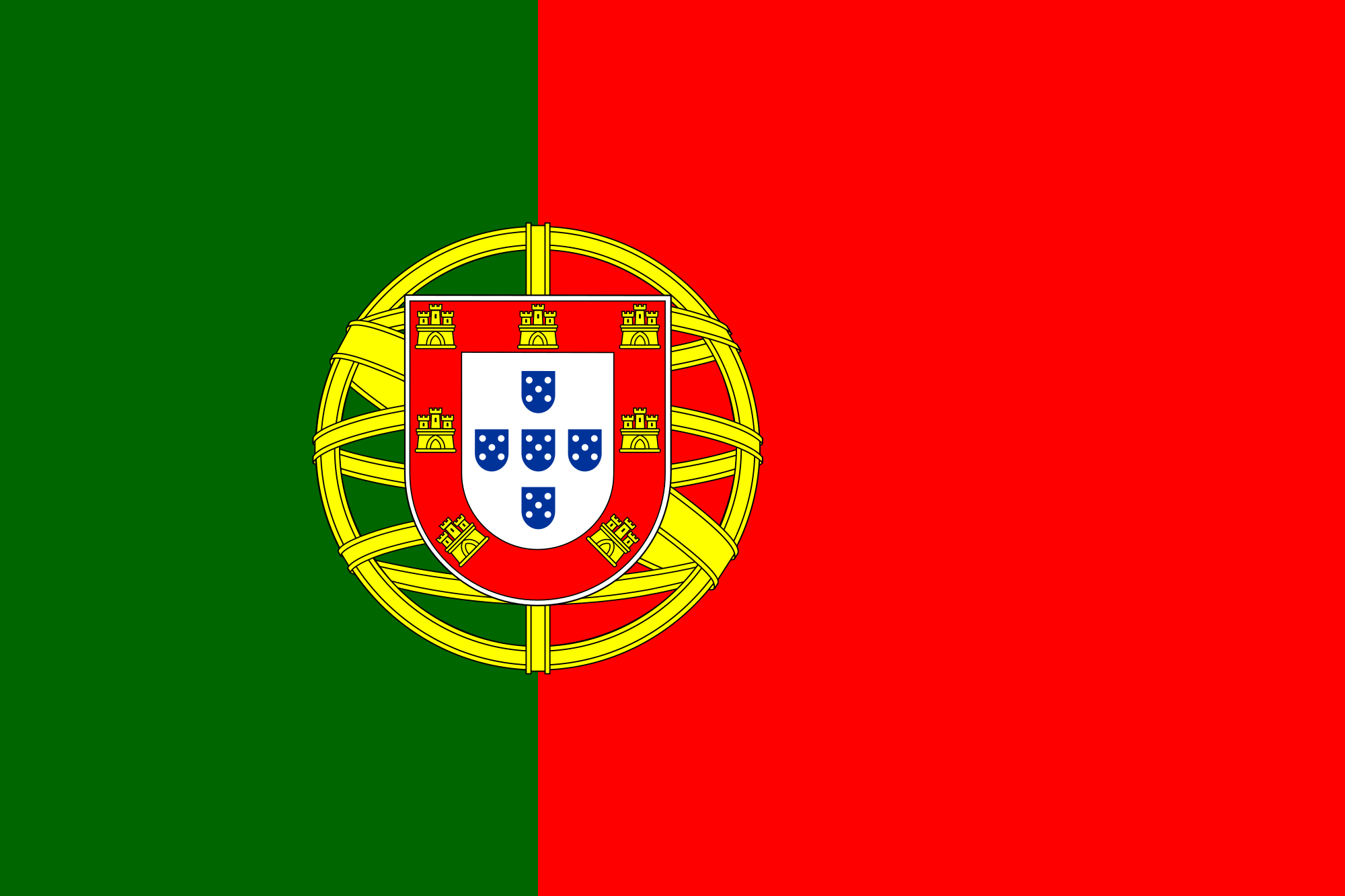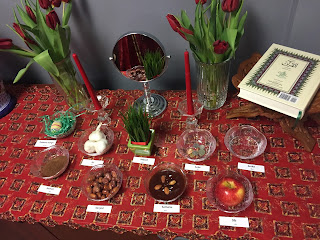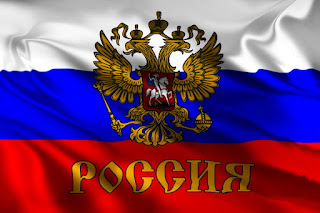 |
Flag of Turkey
(https://en.wikipedia.org/wiki/Flag_of_Turkey) |
August 30th, Victory Day of TURKEY honors the
founder of modern Turkey, Mustafa Kemal
Atatürk, and the
military victory over
the proxies of the Allies, namely Greece
on the Western front, Armenia on the Eastern, France on the Southern and with
them, Great Britain and Italy in Istanbul. The last battle of Turkish
Independence War was fought from to August 26 to 30, 1922 near Kütahya in
Turkey. The Turkish victory of this battle is the
beginning of the end for the Allies presence in Anatolia. The Armistice of Mudanya
was signed by Turkey, Italy, France, and Great Britain on October 11, 1922.
Greece was forced to agree to it on October 14th.
 |
Mustafa Kemal Atatürk
(http://turkishtravelblog.com/mustafa-kemal-ataturk/) |
Although foreign forces
left the country for good in the late fall of 1922, Turkish people accept
August 30th as the date of the Turkish troops’ overall victory. It
became a national holiday in 1935.
In 1923, Turkey
was established as an independent republic. The
holiday is a celebration of the nation's military,
the republic Atatürk being founded, and the
spirit of the Turkish
people to resist tyranny
and rule by outsiders.
Victory Day is celebrated
throughout Turkey and on the island
of Cyprus. The primary
celebration is held at Atatürk's Mausoleum in the
city of Ankara. Leading
military officials visit the tomb
to lay a ceremonial wreath. Veterans come
from all over
Turkey to attend the
event. Wreaths are
also placed on various
statues of Atatürk found throughout the
city. A ceremony including
military and governmental
officials is then held at the Atatürk
Culture Center. Military
leaders later retire
to the General Staff
headquarters to greet dignitaries from the
country's major political
parties, parliamentary and judicial officials,
and the prime
minister. A ceremony is also held at the
War Academy in Istanbul,
while marches are
held in major cities
across the country.
 |
Military Marches
(http://www.thetower.org/article/ataturk-ben-gurion-and-turkeys-road-not-taken/) |
Victory Day is a national public holiday in Turkey on August
30th. Administration buildings and schools are closed on this day.
Workers in private companies may have a day off or work until noon. Public
transport routes may vary in the event of street parades.
Victory Day in Turkey was celebrated by many people by attending
military parades, which take place in major cities throughout the country.
Residents and shop owners decorate their windows with Turkish flags and images
of Mustafa Kemal Atatürk. State officials attend a ceremony at Atatürk's
Mausoleum in Ankara. All promotions in the Turkish Armed Forces take place on
this day, and military schools hold annual graduation ceremonies on August 30th.
To learn more about Victory Day, visit these links:
Check out this video on Victory Day!
This article was written by Tugrul O., LAMP Turkish interpreter.
 Today, May 5, is the International Day of Portuguese
Language and Culture. This day is designed to celebrate the cultural diversity
and richness of the countries who speak Portuguese, and are all unified under a
dialect of the language.
Today, May 5, is the International Day of Portuguese
Language and Culture. This day is designed to celebrate the cultural diversity
and richness of the countries who speak Portuguese, and are all unified under a
dialect of the language.
















